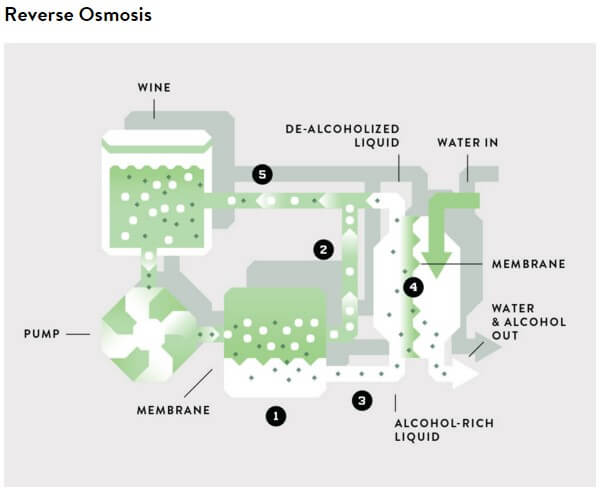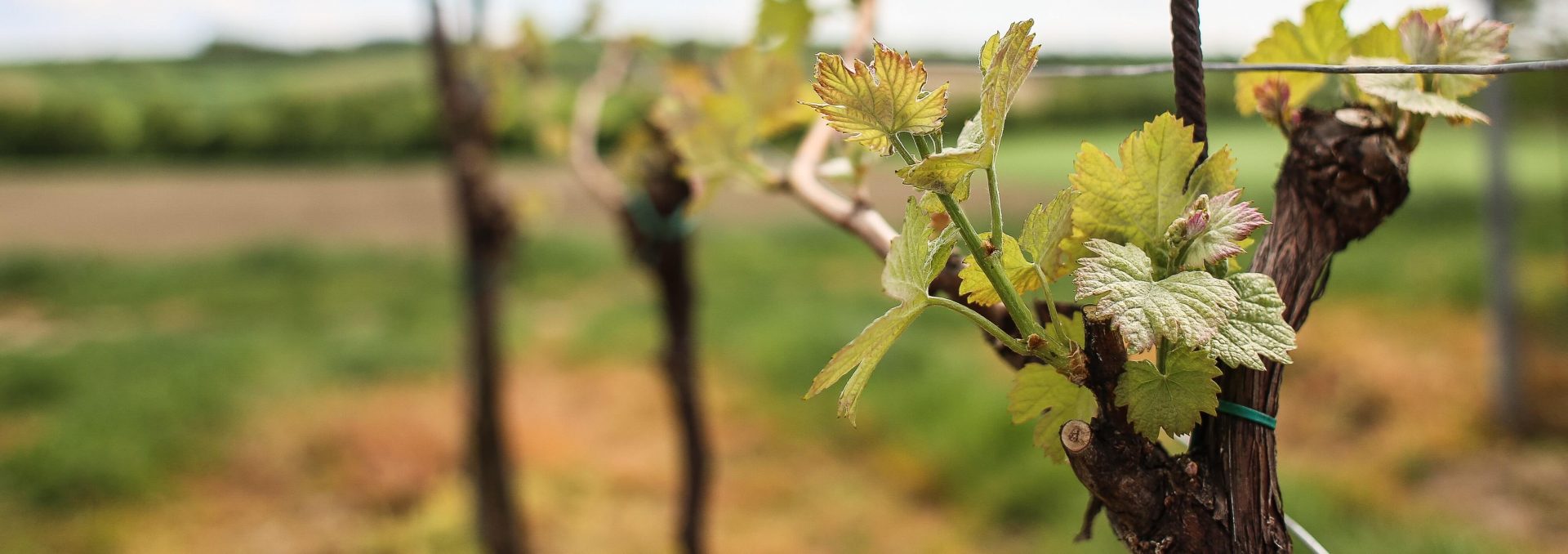Natural Wine movement
It is no doubt that the natural food movement has taken the United States by Storm. From Trader Joe’s to Whole Foods, people are making their food and what’s in it a priority. Food in America has gone through quite the cycle. At one point in time, food was generally purchased locally, because that is just how it worked.
Though with time chemicals and preservatives became a miracle additive to food, and increased shelf life, and we really did not know any better. In 2015 we know better, for the most part. At most any grocery store there is the option of buying organic meat and vegetables, maybe even an organic frozen burrito. Those bottles of wine you bring home, do you ever check the ingredients on those? Probably not, because there are not any listed. Do you think twice about it? Do other consumers?
If you are thinking about creating natural wine, whether you have an existing winery, perhaps you are looking to purchase an existing vineyard for sale and produce your own wine, or even build one from scratch, these are questions that you need answered for a variety of reasons. I am going to delve into the controversial world of natural wine, and why it should or should not matter to you as winery owner.
What is natural wine?
According to Wikipedia, “natural wine in wine made with minimal chemical and technological intervention in growing grapes and making them into wine.”
To note, this is different from organic wine. Organic wine is farmed organically, but can then be subject to chemical or physical manipulation in the winemaking process. This is different from natural wine because nothing (or as little as possible) is added to or taken away from natural wine during the winemaking process. So technically, natural wine is supposed to be as close to the grapes as possible.
Technological Manipulations of Wine
Microbullage or microoxygenation: the process of adding oxygen in the form of tiny bubble to wine. This is supposed to soften the tanins and make the wine more drinkable.
Sugar: to boost alcohol levels
Designer yeast: to impart particular aromas and flavors
Reverse osmosis: removing water and or alcohol from wine – this allows winemakers to not worry about the alcohol content which can be higher with riper grapes.

Chemical Additives in Wine
Pesticides: The use of pesticides in the vineyard may leave a residue on the grapes.
Sulfur dioxide: kills microbes and prevent oxidation
Ammonium salts: revives dying yeast and stops it before it produces too much sulfur
Water: If the alcohol content is high, just add water.
Oak adjuncts: Liquefied wood product, if you cannot afford the barrels, add a drop or two.
These are just a couple of the 70+ additives that are legally allowed in wine in the United States. And in case you think you are not drinking these additives in because they are not on the bottle, you are not in the clear yet. It is not required to put most of these additives on the label.
Organic Wine
With organic wine is that you must pay and fee and become certified. Many choose not to do this because it is costly. The other thing is, no matter what chemicals are added to the winemaking process, the wine can retain the organic label as long as the vineyards remain organic. This is controversial among those who want truly natural wine.
What is natural wine again?
- No synthetic molecules
- No chemical herbicides
- Indigenous yeast
- Handpicked grapes
- Little to no filtering
- Little to no sulfates
- Winemaking process respects the grapes
It seems that many who favor this process do so in respect for the grapes, the terroir, and the natural winemaking process.
Who drinks it?
Apparently this trend, though it has been a couple years going, has yet to really catch on. In total, it’s thought that no more than one percent of the total market is made up of natural wines. Trendy as natural wine is, it retains a small devout hip following.
There happens to be a hip generation, those who shop at whole foods and eat kale chips, and these fine individuals have fallen for natural wine. It is of utmost importance to know what is going into their bodies, down to the grapes. Think Brooklyn and San Francisco. These are places where there bars entirely devoted to natural wines.
Who doesn’t?
Weird: The other word used to describe natural wine. Some of the technological manipulations in winemaking were done so in order to maintain some consistency throughout the vintages. Even though the weird can be good, sometimes you may get a bottle of vinegar in exchange for your wine without the use of these modern techniques, and many winemakers swear by them.
Buying a winery for sale is a huge investment, and devoting your process to the natural process of winemaking a massive undertaking. It can also be a huge risk. Natural wines cannot promise you much of anything other than their naturalness. Anyone purchasing a pricey bottle of wine, wants sulfites added. This is because without them your wine could taste like anything, literally. So quite literally cross your fingers before you uncork that bottle.
Also, not everybody producing natural wines has the hang of it. Producing wine is an art form and a science, especially if you are going to do so without manipulating the taste in any way. If you just pick your grapes and throw them in the tank, you will be lucky if college kids gulp it down.
Other things you are giving up when producing natural wine:
- Predictable lab yeast: Sounds weird, but “wild” yeasts are just that, wild and lend themselves to the growth of other microbes. Sounds scary, especially when you add descriptive terms like, “mousy” or “horse blanket”.
- Acidity: When left out of control, you may or may not have a preferable pH. Do you like balsamic wine on your salad? How about on the nose of your glass of wine?
The verdict
At the end of the day, it seems that flavor is not the leading reason that winemakers choose to go natural. The thought of going natural is inspired by the idea that is the honest way of making wine, and that one should know what is in the wine they are drinking, and it should be mostly grapes. Certainly not a bad way to look at it from the outside of winemaking. As there are a lot of consumers who are very concerned about what they put in their bodies, it is only natural that wine follows that same course. One must be prepared for the lack of consistency among natural wines. Without certain additives it is hard to not only maintain consistent flavor, but also to assure the consumer that the wine has not turned.
Surprisingly enough, the trend doesn’t seem to have the same pull as the natural food movement. Experienced winemakers swear by some of the additives and not because they want to manipulate wine, but they want to preserve the quality of their wine and produce only the best. This being said, with additives you may be sure that your wine stays consistent from bottle to bottle, and year to year. When creating more expensive bottles of wine this tends to be more important, although it is important none the less.
Whichever way you choose, winemaking is a science, a learned skill, and takes a great deal of knowledge, excellent terroir and climate, and a great team. It is possible to make a delicious wine naturally, organically, biodynamically or traditionally, and one must follow their beliefs in which process they believe in.
The articles are numerous as well as the forums, so read up and choose wisely!
jenny & francois selections – Importer of Natural Wines
The Wall Street Journal – The Actual Facts behind the rise of Natural Wine
Food & Wine – Natural Wine: Weird or Wonderful
Vogue – No Chemicals: This is the most Natural Wine you can drink
Newsweek – Why ‘Natural’ wine tastes worse that putrid cider
Natural Wines to Try and winemakers to keep an eye out for
